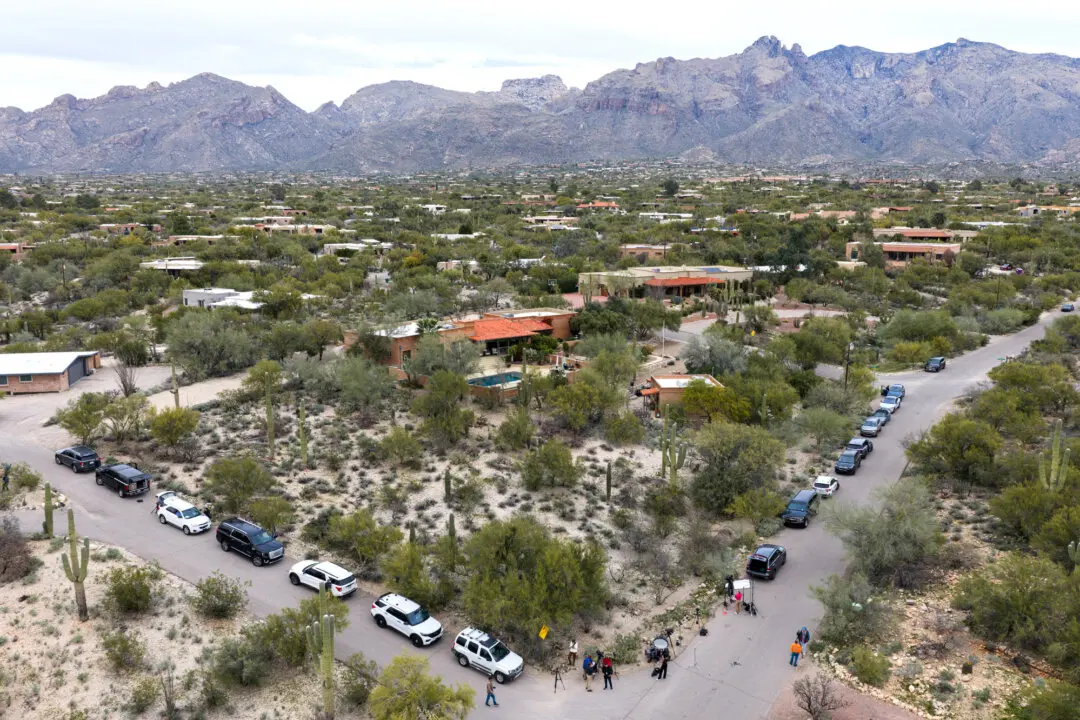Hezbollah’s leader warned on Sept. 19 that remote attacks that have targeted pagers and walkie-talkies in Lebanon are tantamount to a “declaration of war.”
“There is no doubt that we have been subjected to a major security and military blow that is unprecedented in the history of the resistance and unprecedented in the history of Lebanon,” Hezbollah leader Hassan Nasrallah said in a televised address.





